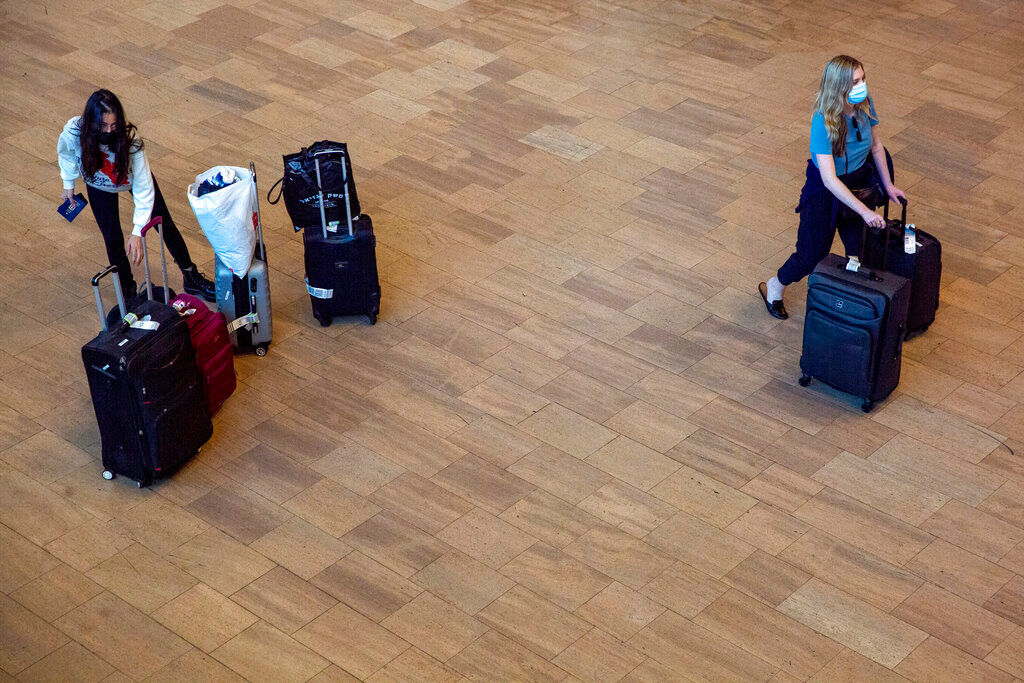Israel is planning to host the Miss Universe pageant in December despite closing its borders due to concerns around the new Omicron COVID variant. Tourism Minister Yoel Razvozov said Sunday arrangements were in place for the “very important event,” a day after Israel said it was banning all foreigners from entering the country. The minister told reporters that Miss Universe participants at the Red Sea resort city of Eilat would be given waivers while possibly undergoing PCR testing every two days. Other precautionary measures would also be followed, he said.
Will omicron outrun Delta? Will jabs still work? Scientists compare notes
“This is an event that will be broadcast in 174 countries,” Razvozov said before Sunday’s weekly cabinet meeting. “We will know how to manage this event. So, by using the waivers committee, we will have events like this, to which the country already committed itself and cannot cancel.”
The beauty pageant has already been mired in controversy for other reasons amid calls for Miss South Africa Lalela Mswane to back out due to Israel’s treatment of the Palestinians, Newsweek reports.
Israel rejects promised reopening of US mission for Palestinians in Jerusalem
Mswane confirmed on Sunday via Instagram that she will be attending the event.
In November, South Africa’s government withdrew support for the Miss South Africa organisation after it was unable to convince organizers to boycott the Miss Universe pageant in Israel.
Israel starts vaccinating children aged 5-11 to keep another wave at bay
Israeli Prime Minister Naftali Bennett gave a televised address during the cabinet meeting, in which he said Israel needs “to clamp down” on its borders to keep the country “open internally.”
Israel plans to host the competition for the first time on December 12.
The Middle Eastern country restricted travel from all foreign countries over the weekend, after it had previously blocked travel from seven countries in southern Africa. First detected in South Africa earlier this month, Omicron has been listed as a “variant of concern” with a large number of mutations, “some of which are concerning,” according to the World Health Organization (WHO).
Israel has confirmed two cases of the new variant.







